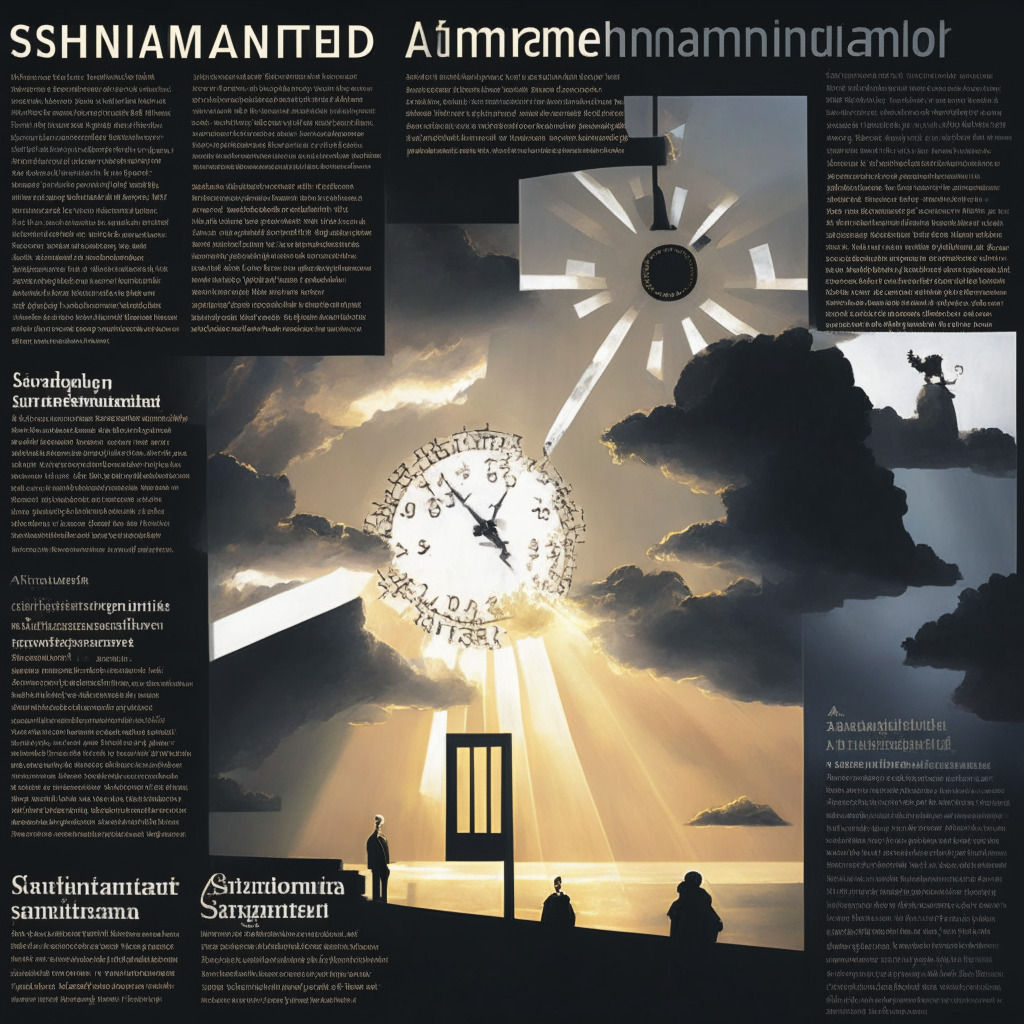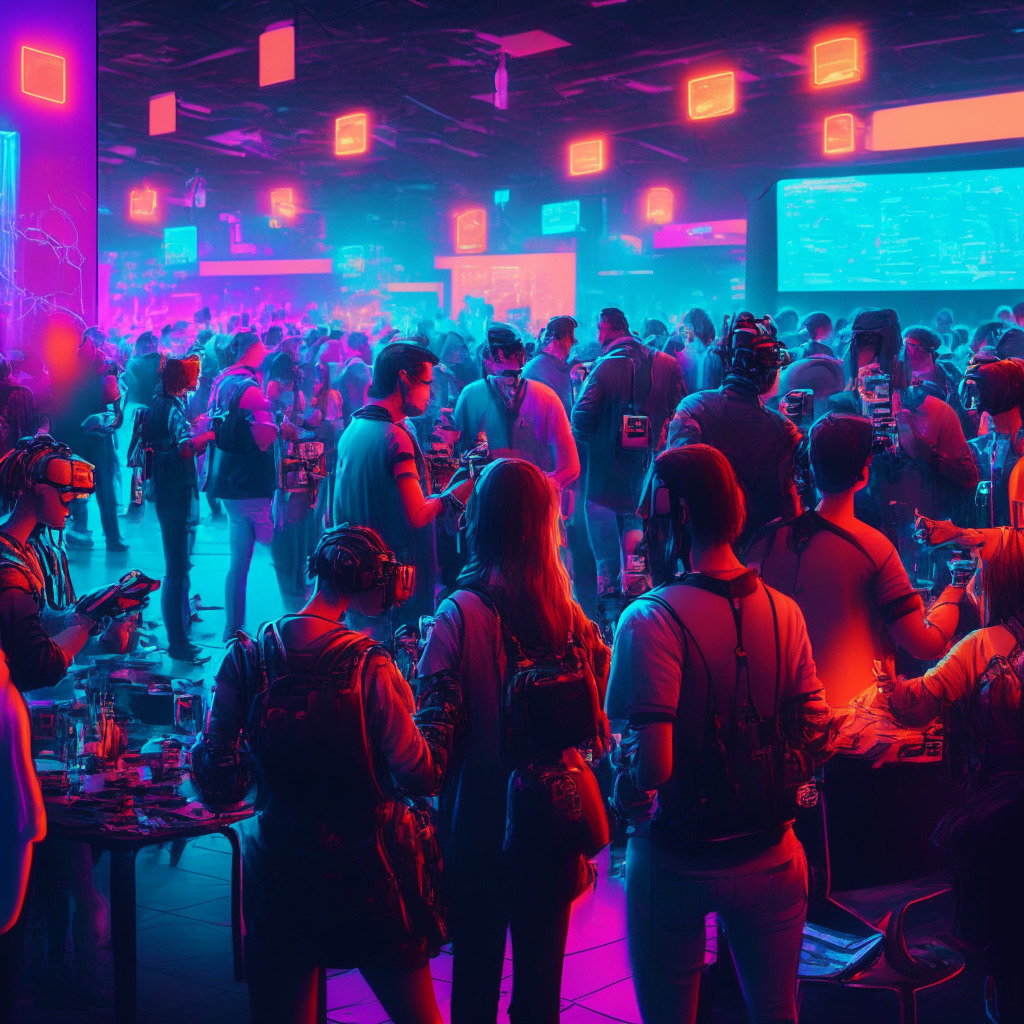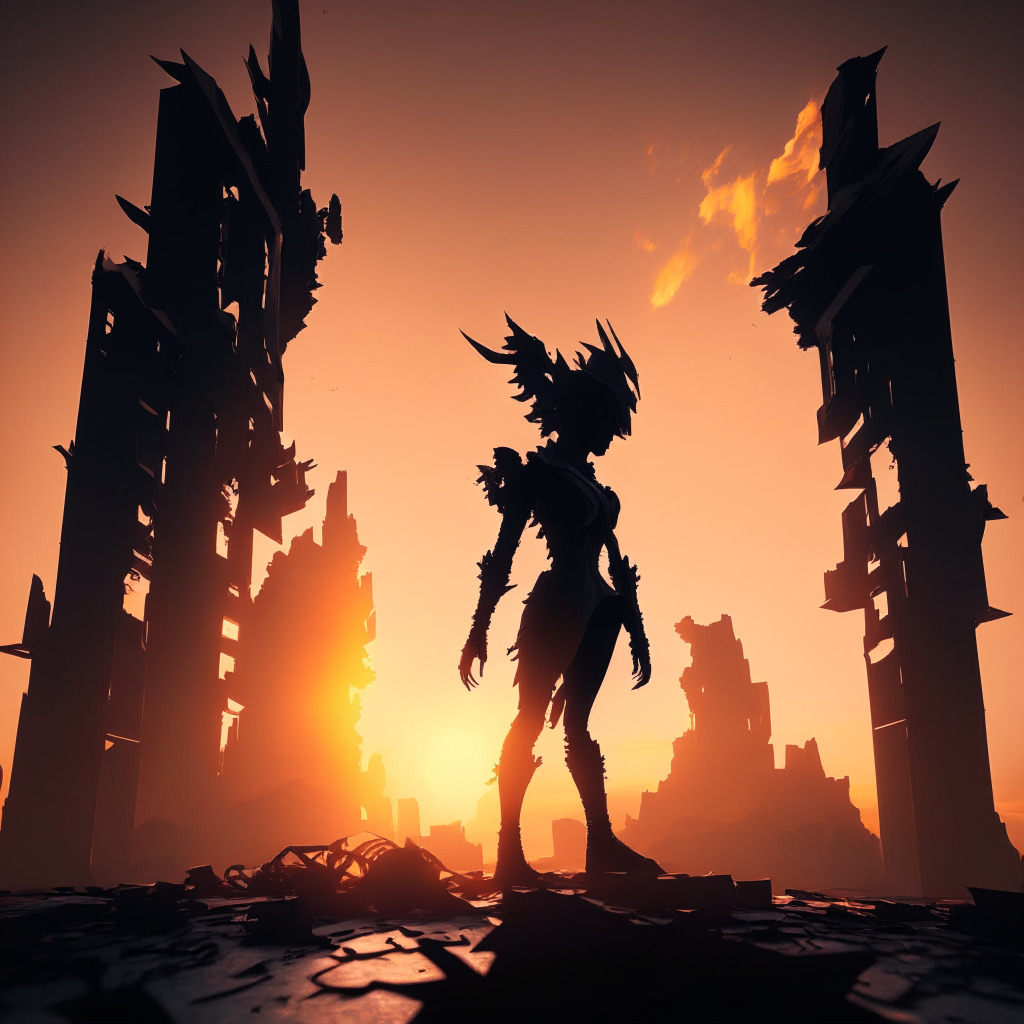Artificial intelligence (AI) has been making headlines lately, with the UK Prime Minister’s AI task force advisor, Matt Clifford, warning that humanity has about two years to regulate and control AI before it becomes too powerful. As chair of the government’s Advanced Research and Invention Agency (ARIA), Clifford believes that if safety and regulations are not enacted soon, AI models in two years could become “very powerful,” posing existential risks.
There are various near-term and long-term risks associated with AI, many of which Clifford considers “pretty scary.” Recently, a letter published by the Center for AI Safety, signed by 350 AI experts including the CEO of OpenAI, claimed that AI is an existential threat similar to nuclear weapons and pandemics. These threats could prove “very dangerous” and even result in the death of many humans.
To avoid these potential negative outcomes, Clifford suggests that the focus should be on understanding how to control AI models and implementing regulations on a global scale. However, this is easier said than done, as even the creators of advanced AI systems often do not fully comprehend how their models exhibit certain behaviors.
Many leaders within AI development also agree that AI models should be audited and evaluated before deployment. This creates a challenge for regulators worldwide, who must understand the technology and its implications while crafting regulations that both protect users and foster innovation.
Within the European Union, officials have even proposed requiring all AI-generated content to be labeled as such to prevent disinformation. Similarly, in the UK, an opposition party minister suggested that AI technology should be regulated like medicine and nuclear power. These global efforts highlight the pressing need to address the potential dangers of AI and harness its potential responsibly.
In summary, the rapid development of powerful AI models creates a unique set of challenges and risks that society must grapple with in the coming years. With experts like Matt Clifford stressing the urgency to regulate and control AI, it is becoming clear that concerted global action is needed to ensure the safety and responsible deployment of these transformative technologies. The main conflict lies in understanding AI behavior, allowing for innovation while simultaneously protecting users from potential dangers. Failure to address this issue now may cost humanity dearly by allowing AI to become an uncontrollable existential threat in just two short years.
Source: Cointelegraph




